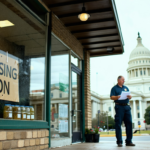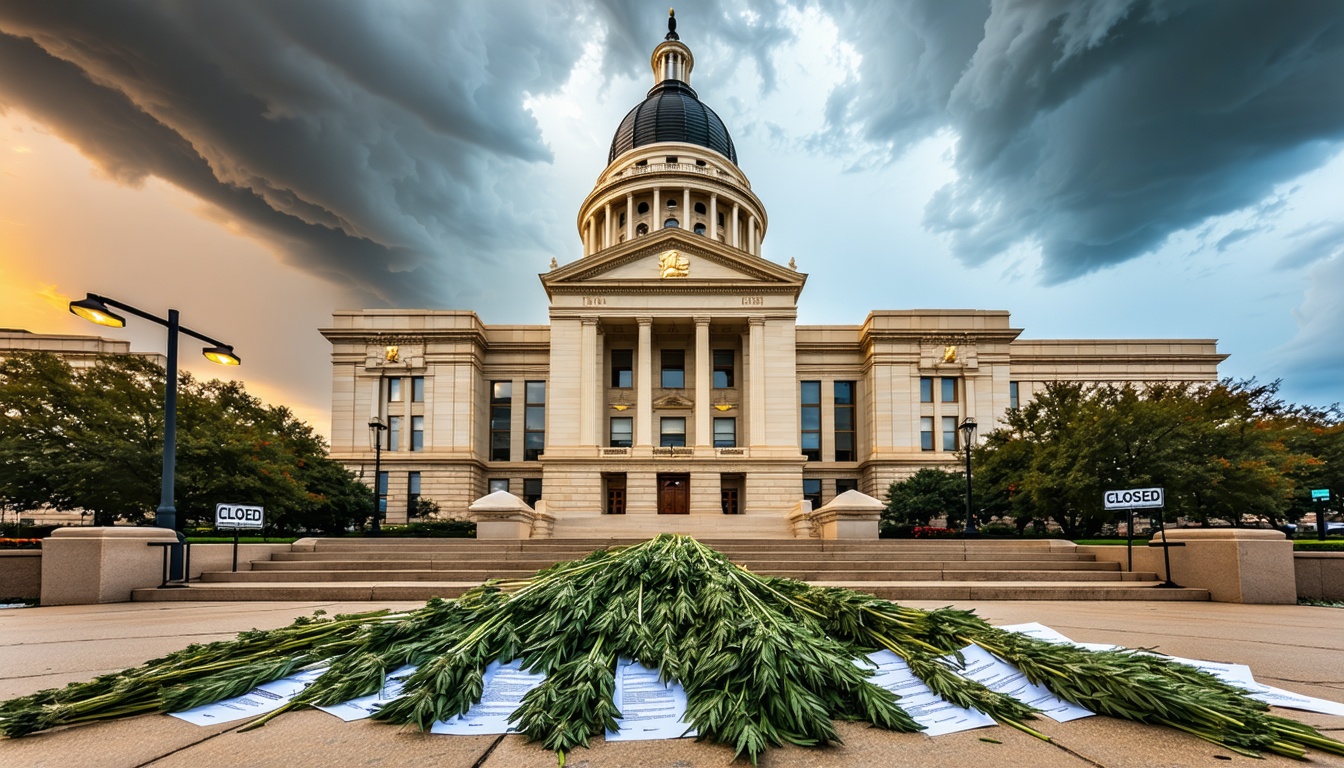The US Department of Justice (DOJ) has filed a brief in an appeals court case, arguing that a lawsuit challenging federal marijuana prohibition could undermine the Biden administration’s plans to reschedule marijuana from Schedule I to Schedule III of the Controlled Substances Act (CSA). The lawsuit, filed by several marijuana companies, including Verano Holdings Corp. and Canna Provisions, claims that Congress has abandoned its goal of eradicating marijuana and that federal control of state-regulated marijuana is no longer necessary.
The DOJ argues that the lawsuit, if successful, could render Congress powerless to regulate marijuana if it is rescheduled. The government also contends that the plaintiffs’ arguments are based on a flawed understanding of the Commerce Clause and that the federal government has the authority to regulate marijuana regardless of state laws.
The case, Canna Provisions v. Garland, was filed in October and has been making its way through the courts. The plaintiffs argue that the federal government’s prohibition on marijuana is unconstitutional and that the CSA’s ban on marijuana as applied to state-regulated marijuana cannot be upheld today.
In a brief filed on Thursday, the DOJ argued that the plaintiffs’ position would “frustrate the Department’s proposal to place marijuana on Schedule III of the CSA” and that Congress would lack the authority to regulate marijuana as a Schedule III drug. The government also rejected the idea that Congress’s authority to regulate marijuana would vary from state to state depending on the judgments of individual legislatures.
The case is expected to be decided by the First Circuit Court of Appeals, and the outcome could have significant implications for the marijuana industry and the future of federal cannabis policy.












